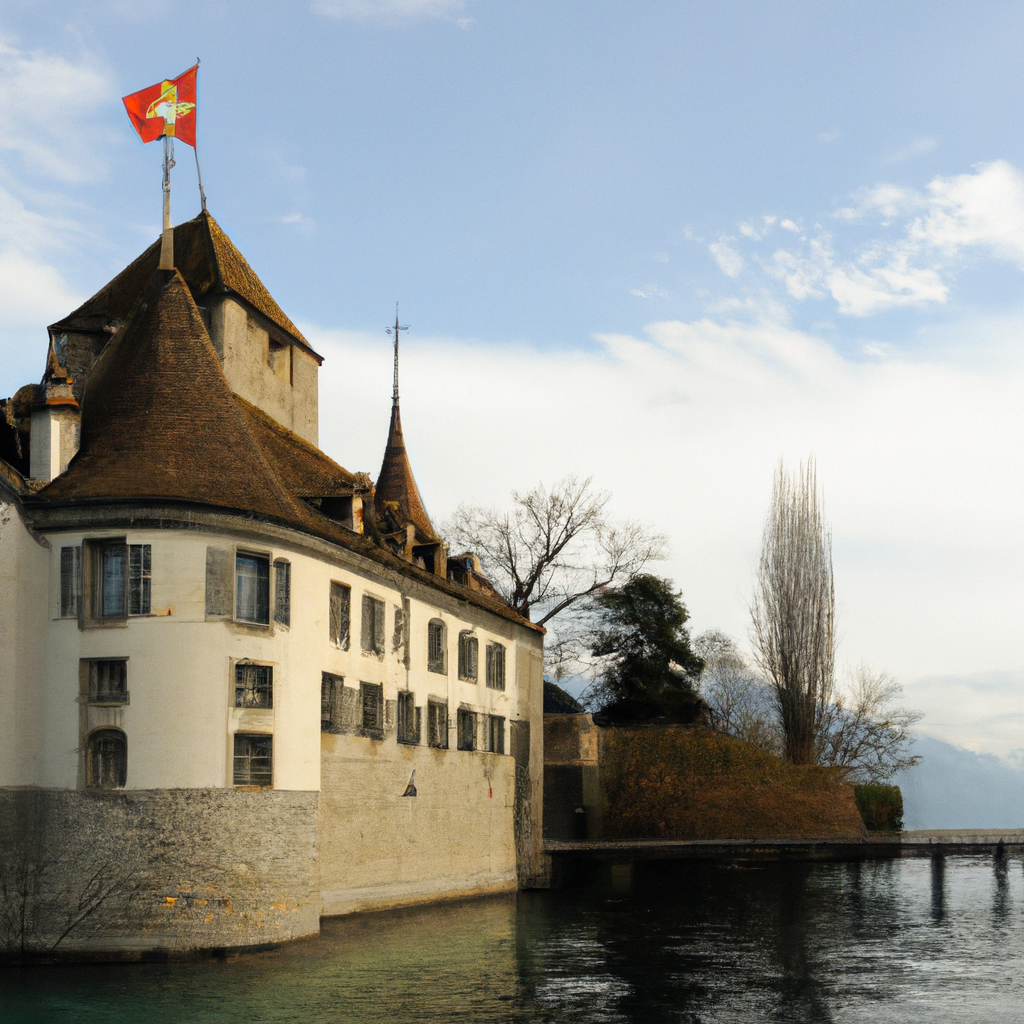Unraveling the Tapestry of Swiss History: A Comprehensive Overview
<p>Switzerland, a country renowned for its majestic landscapes, iconic watches, and world-class chocolate, boasts a rich history as diverse as its geography. This article delves deep into Swiss history, shedding light on its unique heritage, pivotal events, and influential figures that helped shape the nation it is today.</p>
The Origins of Switzerland
<p>The roots of Switzerland date back to the Old Stone Age, with the first recorded settlements appearing around 500,000 BC. However, it was not until the Middle Ages that Switzerland began to take its present form. The pivotal event was the signing of the Federal Charter in 1291, marking the birth of the Old Swiss Confederation – a defensive alliance among three cantons.</p>
Switzerland in the Middle Ages
<p>Switzerland, during the Middle Ages, was characterized by a series of alliances and expansions. The Confederation initially comprised three cantons: Uri, Schwyz, and Unterwalden. However, by the end of the 15th century, it had grown to thirteen cantons.</p>
Swiss Reformation and Enlightenment
<p>The 16th century marked the dawn of the Swiss Reformation, led by key figures such as Huldrych Zwingli and John Calvin. Their teachings significantly influenced religious, political, and social landscapes, not only in Switzerland but across Europe.</p>
Switzerland in the Age of Enlightenment
<p>Following the Reformation, the Enlightenment ushered in an era of significant cultural and intellectual growth. This period saw the rise of renowned Swiss philosophers like Jean-Jacques Rousseau, whose ideas played a crucial role in shaping modern political and educational thought.</p>
Modern Switzerland: The Birth of Swiss Neutrality
<p>The modern history of Switzerland is largely defined by its commitment to neutrality, a status formally recognized in the Treaty of Paris in 1815. This neutrality has allowed Switzerland to maintain its sovereignty and peace, even during the tumultuous periods of the World Wars.</p>
<ul>
<li>1291: Signing of the Federal Charter, marking the birth of Switzerland</li>
<li>16th Century: Swiss Reformation led by Huldrych Zwingli and John Calvin</li>
<li>18th Century: Age of Enlightenment with influential philosophers like Jean-Jacques Rousseau</li>
<li>1815: Formal recognition of Swiss neutrality in the Treaty of Paris</li>
</ul>
Final Thoughts
<p>Swiss history is a captivating blend of pivotal events, influential figures, and strategic alliances. From its origins in the Middle Ages to its present status as a global hub for finance, diplomacy, and cultural diversity, Switzerland's past is a testament to its resilience, innovation, and commitment to peace. This historical backdrop serves to enrich our understanding of this unique nation and its contributions to the world.</p>
<p>As we continue to explore Swiss history, we unravel a tapestry of stories that echo the nation’s motto, "Unity, Yes; Uniformity, No." It’s a living testimony to the country's rich diversity and unity amidst differences.</p>
<p>Whether you're an avid historian, a curious traveler, or a Swiss resident eager to delve deeper into your country's past, Swiss history offers a wealth of knowledge and insights. Immerse yourself in its rich tapestry and discover the essence of what makes Switzerland truly unique.</p>
